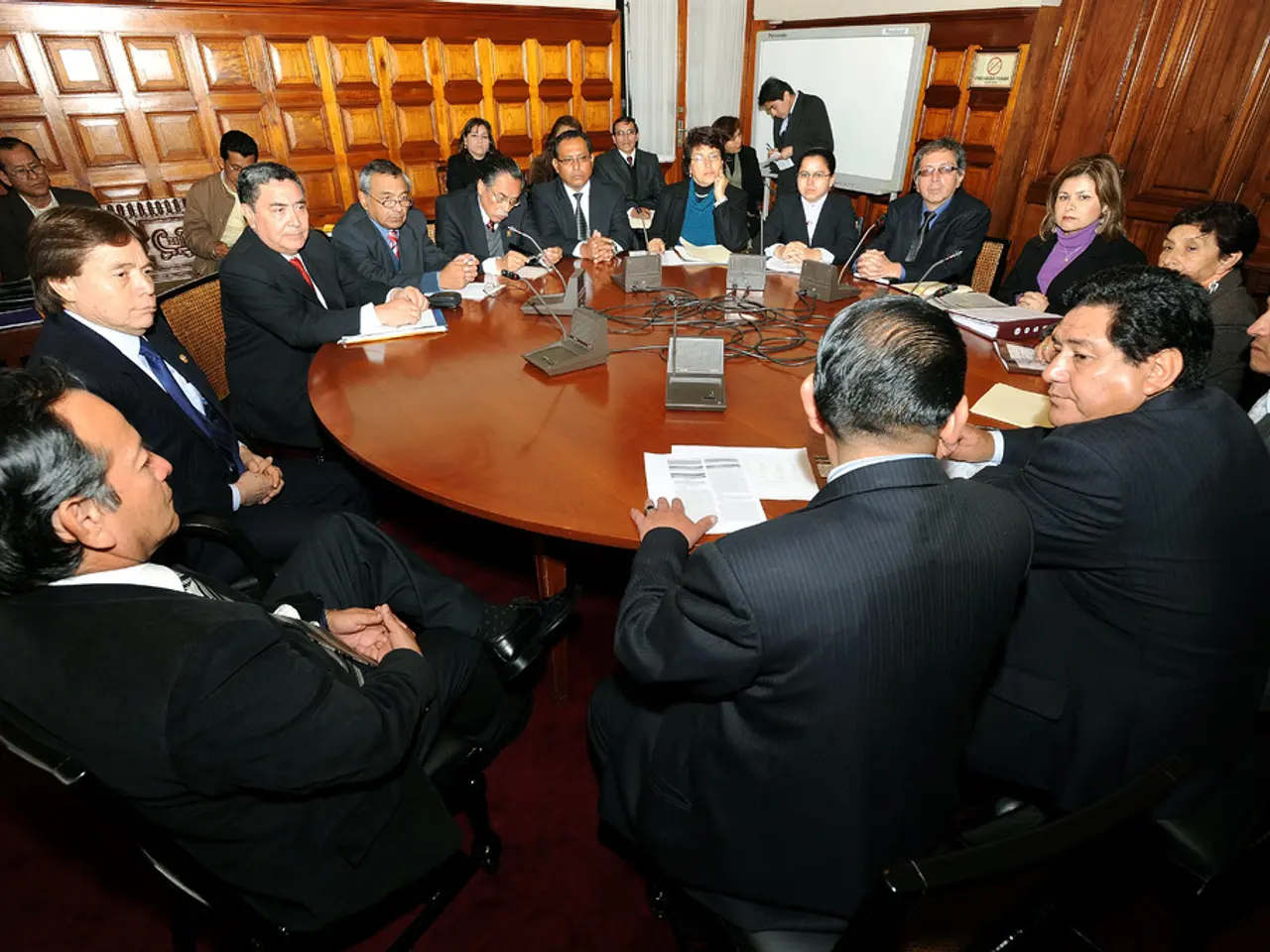Comprehensive, Sequential Strategies for Addressing Group Reservation Problems
Managing group bookings can be a complex task, but with the right strategies in place, hotels and event organisers can minimise conflicts, misunderstandings, and organisational challenges. Here are some effective approaches to streamline the process:
1. Centralise availability and booking management: Utilise a centralised reservation system (CRS) that synchronises availability, pricing, and policies across all channels in real-time. This reduces overbookings and inventory mismatches common in group bookings.
2. Clear communication and precise information: Provide detailed, accurate information on booking terms, cancellation policies, and room allocations upfront to avoid misunderstandings. Promptly respond to group inquiries, and clarify roles and expectations to all participants.
3. Offer flexible options and avoid ultimatums: Allow group members or planners to select preferences such as room types, arrival times, or package add-ons through customisable booking pages or direct communication. This flexibility reduces friction and improves satisfaction.
4. Use scheduling tools with conflict prevention features: Incorporate scheduling systems that check real-time availability before confirming bookings, enable buffer times between events or arrivals, and consider time zone differences when coordinating group members.
5. Direct communication with planners or organisers: Build relationships with group planners through direct contact or by listing your property on venue marketplaces where planners look for suitable hotels. This approach helps secure bookings efficiently and reduces errors caused by miscommunication through intermediaries.
6. Offer dynamic pricing and packages: Use booking data and customer segmentation to create tailored group offers, such as bundled mid-week packages for families, which can increase occupancy and satisfaction by meeting group-specific needs.
7. Automate confirmations and reminders: Enable automatic confirmations, reminders, and easy options for rescheduling or cancellation to keep all group members informed and reduce last-minute confusion.
8. Assign roles and responsibilities: Clearly define tasks and expectations for both the hotel team and the group organiser to foster smooth collaboration and accountability.
In addition to these strategies, it's crucial to review all venue regulations prior to any event planning, set deadlines for members to confirm their participation, and ensure that all parties sign the document before engagements commence. By implementing these practices, hotels and event organisers can create a more efficient and enjoyable group booking experience for all involved.
When planning a group event, it's essential to review home-and-garden regulations to ensure everything is in order, especially if the event is to take place at a hotel. Also, to enhance the travel and lifestyle experience of guests, hotels and event organisers can provide customizable booking options, allowing them to choose preferences such as room types or package add-ons.





